Today, you’re going to find the answer to the question: “Can abusive men change?” and the top 17 myths that make women stay with abusers.
Although both men and women can be victims of domestic abuse, statistics show that the majority of victims of abuse are women. (*) (*)
In his book, Why Does He Do That?, Lundy Bancroft—a counselor who specializes in working with abusive men— investigates what makes abusive men tick and presents early warning signs.
Can abusive men change?
Bancroft explains that abuse is not a psychological problem, rather it is a moral problem. The abusive man has a distorted sense of right and wrong and feels justified in his abuse.
Here are 17 myths and misconceptions most people believe about abusive partners.
What Is Considered Abusive Relationship?
Domestic abuse, also called “domestic violence” or “partner abuse” is any pattern of behavior in a relationship that is used to gain or maintain power and control over an intimate partner. (*)
Abuse can be physical, sexual, verbal, emotional, or financial. It includes any behaviors that hurt, humiliate, injure, intimidate, or terrorize someone.
Incidents of abuse are rarely isolated, and usually escalate in frequency and severity over time. Abuse may lead to serious physical injury or even death.
Related: How to Identify Emotional Abuse and Recover from It?
Can Abusive Men Change? 17 Myth and Misconceptions About Abusive Partners
Myth #1. He Suffered Abuse As A Child
Most people believe that abusive man have suffered childhood abuse.
Studies investigating the relationship between childhood abuse and men who abuse women, found that the link is weak.
In fact, there are substantial numbers of men who were abused as children, but who are not themselves abusers.
Moreover, a non-abusive man wouldn’t use his past as an excuse to abuse you. He would know what abuse feels like and would be less likely to inflict such pain onto someone else.
Related: 10 Signs of Toxic Shame — and How to Overcome Toxic Shame?
Myth #2. His Previous Partner Mistreated Him
Professionals who specialize in working with abusive men noticed that the abusive man’s version of the abuse is different from his partner’s.
In other words, an abusive man will twist the account of what happens in a relationship in a way that paints him as the victim or the rational one.
A non-abusive man wouldn’t use his past relationships as an excuse to mistreat you.
Myth #3. He Abuses Because He Loves and Cares A Lot
While people we love can cause us deeper pain than anyone else, our feelings do not cause our behavior.
Each person will deal with their emotions in their own unique way. A non-abusive person wouldn’t hit their partner just because they felt angry or hurt.
A non-abusive partner would treat people, especially their loved ones with respect.
Love does not cause abuse.
Related: When A Narcissist Sees You Cry: Top 13 Reactions You May Be Familiar With
Myth #4. He Holds In His Feelings Too Much Until He Bursts
Many men hold in too much emotion. However, most abusive men are not actually repressed.
Many abusive men express their feelings and act them out all the time. When an abusive man feels bad, he makes sure everyone in the house knows about it.
Truth is an abusive man doesn’t need to get in touch with his feelings. He needs to get in touch with his partner’s feelings.
Related: Do Narcissists Cry?
Myth #5. He Has An Aggressive, Explosive Personality
Many abusive men get along reasonably well with other people and can even be fairly calm and nice.
If an abusive man had an “aggressive personality,” he wouldn’t be able to hide that when dealing with other people and reserve it just for you.
It’s also a misconception that abusive men are uneducated, blue-collar male. Many abusive men are professional or college-educated men.
Related: 13 Traits of a Narcissist — and How to Deal With a Narcissist?
Myth #6. He Loses Control of Himself
Do Abusive Partners Know They Are Abusive?
An abusive man may call you names or even hit you, but wouldn’t kick you if he considers that to be too cruel or violent.
In other words, he almost never does anything that he considers morally unacceptable.
He may show remorse and regret, but inside, he feels justified and can always find an excuse that he considers good enough.
Truth is abuse is not a psychological problem, rather it’s a moral problem. The abusive man has a distorted sense of right and wrong.
He may get angry at other people and have the urge to call them names or hit them and he wouldn’t do it, except with you.
Myth #7. He Is Too Angry
Many people believe that abusive men have a problem with managing their anger.
However, abusive men are not abusive because they are angry. They are angry because they are abusive.
It would be futile to teach an abusive man to take time-out or concentrate on deep breathing because his thinking process would get him angry as soon as he calms down.
Everyone gets angry, but not everyone will abuse their partner.
Related: Top 14 CBT Exercise For Anger Management (+FREE Anger Worksheets)
Myth #8. He Has Got a Mental Illness and Needs Medication
When the abusive man’s mood changes so abruptly, he might look a little insane. When he accuses his partner of cheating on him or plotting to hurt him, he may seem paranoid.
However, the great majority of abusive men are psychologically “normal.” They do well professionally and socially and no one other than their partners thinks that there is anything wrong with them.
Abuse is a behavior and not a symptom of mental illness. (*)
Related: 5 Common Misconceptions About Mental Illness (& How to Improve Your Mental Wellbeing)
Myth #9. He Hates Women
Abusive men’s attitude toward women falls on a continuum from those who have close relationships with their mothers, sisters, or female friends to men who treat women with superiority and contempt.
Why Do Partners Become Abusive?
While most abusive men feel disrespect toward women, their disrespect tends to be born of their values rather than personal experiences of being abused by women.
Abusive men can also be conditioned to disrespect their partners through conditioning. Studies show that the disrespect abusive fathers show their partners and daughters is often absorbed by their sons. (*)
Myth #10. He Is Afraid of Intimacy and Abandonment
Abusive men often escalate their abusive behavior when their partners attempt to leave the relationship. This is often mistaken for fear of abandonment.
But many people struggle with fear of abandonment and yet they won’t abuse their partners.
Another misconception and excuse abusive men may use to explain why they only abuse their partners is fear of intimacy. Many people believe that abuse is a way to keep an intimate partner from getting too close emotionally.
However, abusive men usually are abusive after a period of distance or tension and not at moments of closeness. In many relationships, there is no emotional intimacy and/or no expectation of intimacy and yet the abuse continues.
Related: Emotional Intimacy Quiz (And How To Increase Emotional Intimacy In A Relationship?)
Myth #11. He Struggles With Low Self-Esteem
Many abused women believe that if they can make their abusive partners feel good about themselves, they could avoid their next explosion.
Unfortunately, this doesn’t work – at least not for long.
If anything, boosting an abusive man’s self-opinion may increase his feelings of entitlement as he gets used to special treatment. The more positive attention he receives, the more he’ll demand.
His abuse is not rooted in feelings of inferiority, but in his feelings of entitlement. After all, no matter how much his abuse has hurt your self-esteem, you never turned into an abusive person.
Related: Top 18 CBT Exercise For Self-Esteem (+FREE Self-Esteem Worksheets PDF)
Myth #12. His Boss Mistreats Him So He Feels Powerless
Many abusive men are actually at the top of the management ladder—with no boss to blame. They are powerful and successful.
In fact, some abusive men claim that they get used to ordering people around so much so that they can’t snap out of it when they get home.
When someone is abusive, it doesn’t matter what their job situation is, they are consistently abusive.
Myth #13. He Has Poor Skills In Communication, Conflict Resolution, and Stress Management
Most abusive men are high-functioning members of society. They lead a successful professional and social life.
It is not that abusive men are unable to communicate well and resolve conflicts, it is that they are unwilling to do so.
Myth #14. There Are As Many Abused Men As Abused Women. It’s Just That Abused Men Are Ashamed to Tell
Women who abuse their male partners certainly exist and the negative impact on these men’s live can be significant.
But they are rare compared to abused women.
It is not less humiliating for women to reveal abuse. And even if men didn’t come forward, abuse would still be discovered. Neighbors, family members, and friends don’t turn a deaf ear to abuse the way they might have ten or twenty years ago.

Myth #15. His Abusiveness Is As Bad For Him As It Is For His Partner. They Are Both Victims
While abusing someone is not a healthy lifestyle, the negative impact of the abuse on the person being abused is incomparable.
Abusive men can continue abusing their partners for years and their careers remain successful, their social circle endures, and their health remains stable.
However, years of abuse can leave the abused person traumatized and severely impact every area of her life.
Myth #16. He Is Abusive Because He Is A Victim of Racism
Many abusive men are white, well educated, and economically privileged. So abused can’t be rooted in discrimination.
Moreover, when a non-abusive person experiences discrimination, that would more likely make him sympathetic to a woman’s suffering, as is true for childhood abuse.
There are men of color who experienced discrimination but didn’t turn abusive.
Myth #17. He Is Abusive Because He Abuses Alcohol or Drugs
Alcohol or drugs do not make an abuser, and sobriety does not cure one. Abusiveness is not a symptom of abusing alcohol or drugs.
The abusive man is entirely responsible for his own actions.
Related: How To Stop Replacing One Addiction With Another? Powerful 8-Step Guide To Emotional Sobriety
Can Abusers Change? The Truth About Abusive Men
Abusive men can be any personality type, can have good childhood or bad ones, can be macho men or “liberated” men, can be successful or unsuccessful
Abusiveness is not the result of emotional injuries or lack of communication or anger management skills.
Abusiveness is not a problem of psychology. It is a problem of values and morals. It’s not how the abuser feels, but how he thinks and how he views his partner.
Abuse stems from an attitude of disrespect toward women, a sense of entitlement, and a need for control and power.
Can A Partner Stop Being Abusive?
Abusers have a contemptuous personality that’s reserved for their intimate partners. It is not that abusers are unable to change, they are unwilling to change and give up their power and control.
What’s Next? How to Identify Emotional Abuse and Recover from It?
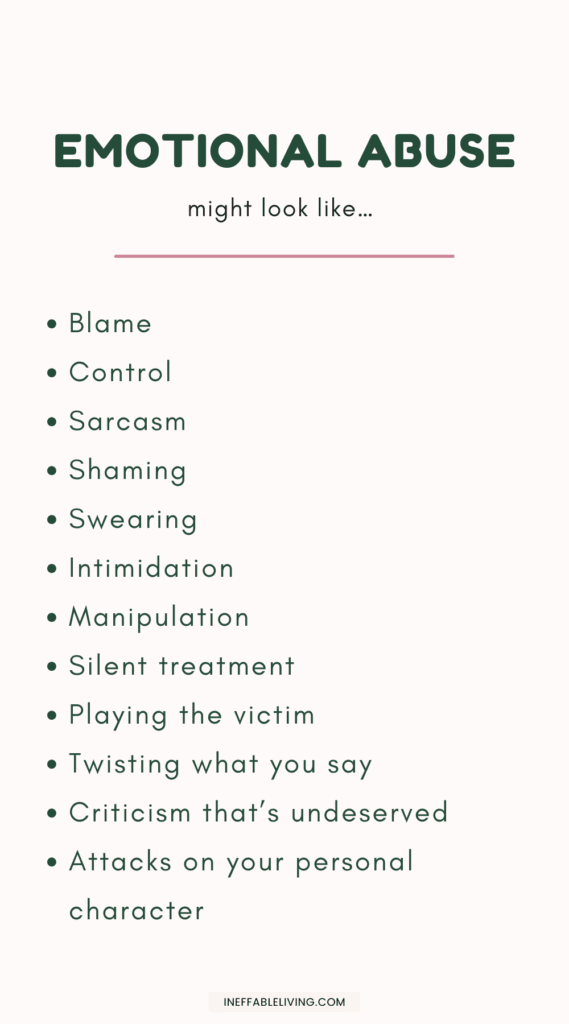

Hotlines
- National Domestic Violence Hotline for the United States and Canada: 1-800-799-SAFE.
- Rape, Abuse, and Incest National Network Hotline (Rain): 1-800-656-4673.
Counselling Resources
Psychologist Locator and the National Register are two websites for locating psychologists in the USA.
Online therapy is also an option. It can be much more affordable than in-person therapy, but can be equally effective. (source)

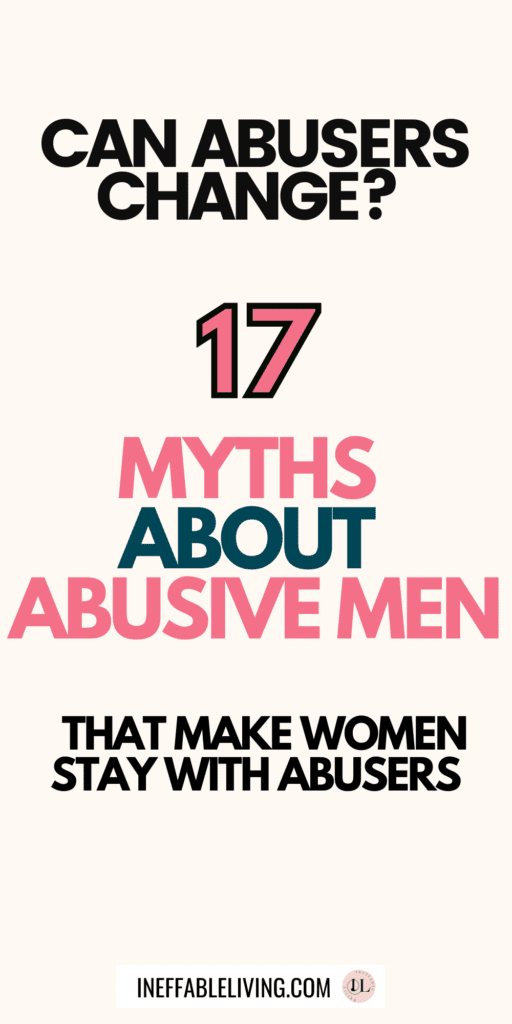
References
- Portions of this article were adapted from the book Why does he do that?, © 2002 by Lundy Bancroft. All rights reserved.
- Abusive Relationships: 6 Signs To Look For (webmd.com)
- 9 Signs of an Abusive Relationship and How to Seek Help (insider.com)
- 10 Signs of an Emotionally-Abusive Relationship (brides.com)
- (PDF) Commitment: The Key to Women Staying in Abusive Relationships (researchgate.net)
- Perceptions of Why Women Stay in Physically Abusive Relationships: A Comparative Study of Chinese and U.S. College Students – Brandie Pugh, Luye Li, Ivan Y. Sun, 2021 (sagepub.com)
- Eight Reasons Women Stay in Abusive Relationships | Institute for Family Studies (ifstudies.org)
- Development and validation of the TAR Scale: A measure of technology-facilitated abuse in relationships – ScienceDirect
- Abuse in Intimate Relationships (musc.edu)
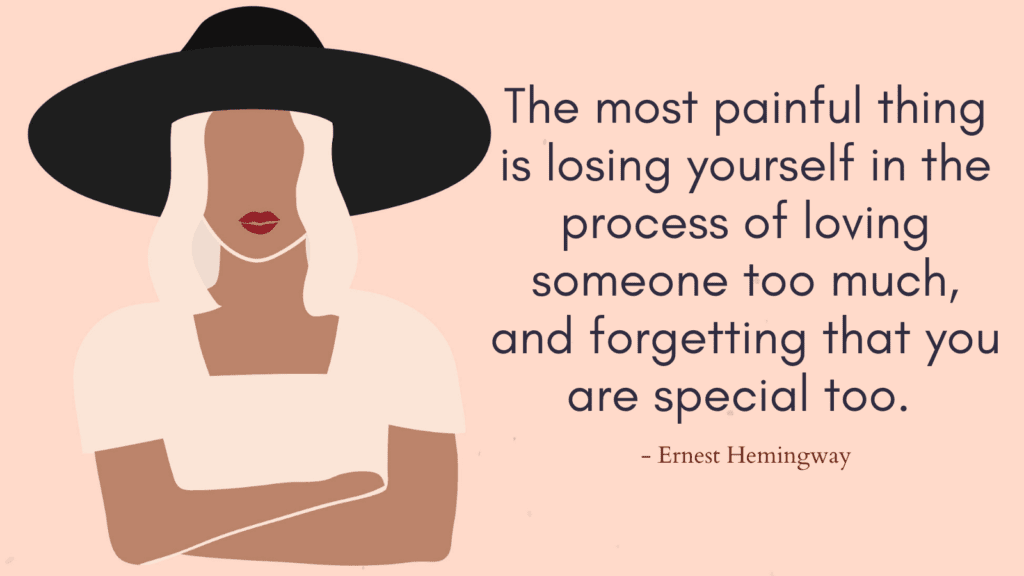

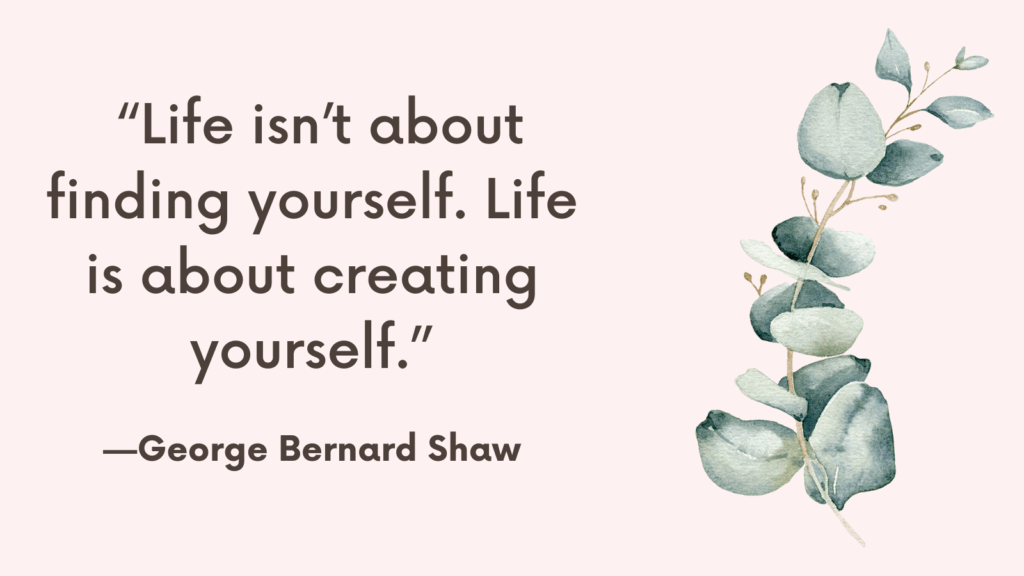
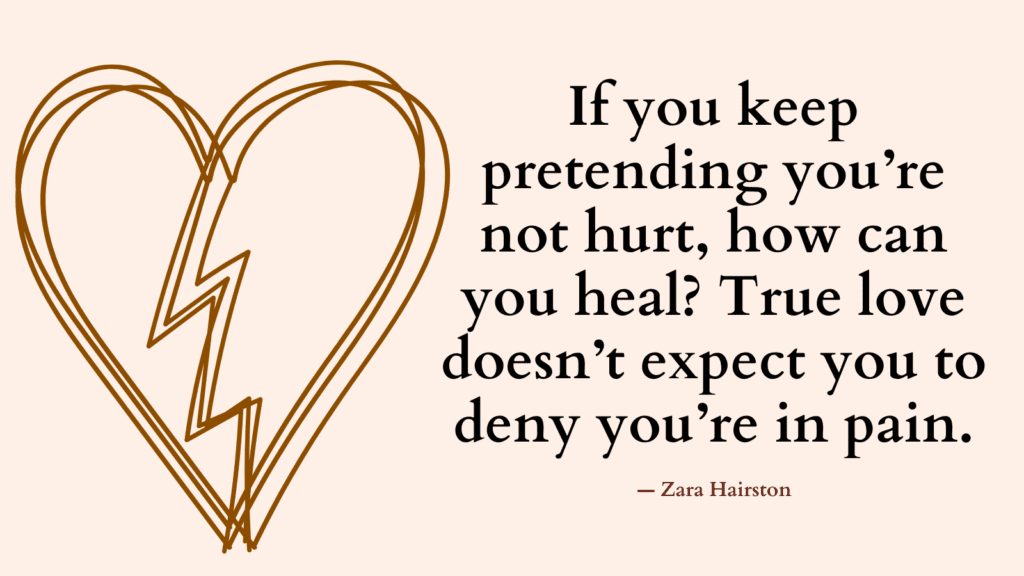
Comments are closed.